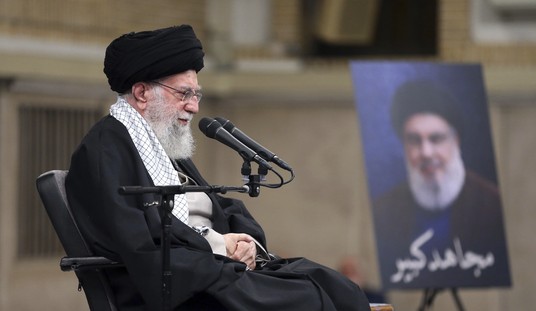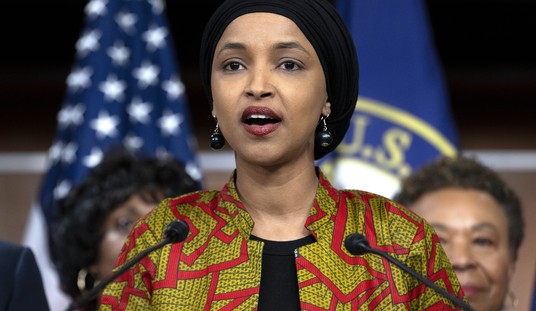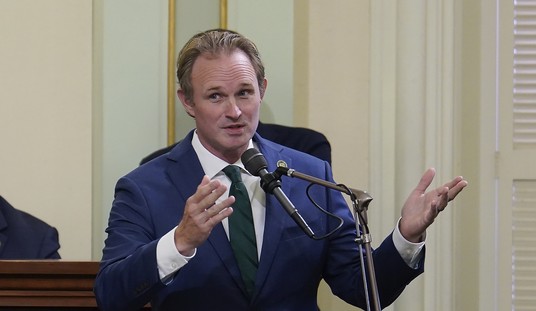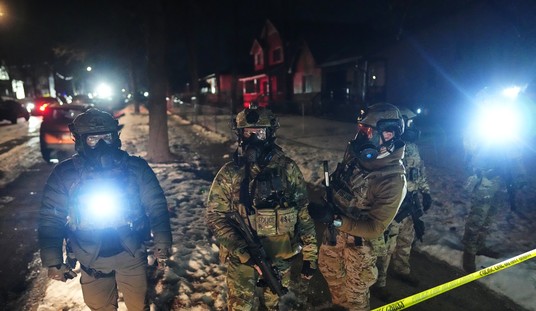In August of 2016, Aisha Al-Khater, the deputy director of the Qatar Museum of Islamic Art, gave an interview to the British Broadcasting Company (BBC) where she talks about how the world sees Qatar. Her museum, that is now inside of a diplomatically imposed blockade by the Kingdom of Saudi Arabia, hopes to preserve Arab and Islamic culture as the region is modernizing and developing. The other goal she stated in the interview was to show the world a different side of Islam than the terror-centric image most westerners have of the religion that dominates the region. Qatar was seen as a leader in the regional re-branding effort encouraged by former President Barack Obama; attempting to have one foot in the future and the other planted in the past. A noble goal, no doubt, and a fine global image to strive for, but that’s not all Qatar was up to according to many of its neighbors.
What does Qatar have to say for itself after being accused by its neighbors for funding terrorism, aligning with Islamists, and working with Iran? Aside from whataboutisms and obsessing over tweets, they hire former United States Attorney General John Aschroft of course — yes — that John Ashcroft. Ashcroft has not been hired to get Qatar out of this situation but to help bring it to heel with the new efforts of the coalition formed under current US President Donald Trump. The unholy alliance of Iran and the Muslim Brotherhood is something KSA has been fighting since 1990. To simplify it, Qatar stands at the crux of that alliance.
It is not a matter of if, but when, Qatar comes to its senses, writes Hassan Hassan.
What happened between 2014 and Monday to warrant such action? Why now? There was no such thing as a spark. As described by an official familiar with the process, the situation escalated over time, specifically since January 2015, when King Salman took office. The new king subsequently inaugurated a new approach to engage Qatar.
Riyadh reset its relations with Qatar, and began a dialogue to resolve all outstanding issues. The Saudis also pushed the more sceptical UAE to do the same, especially since the 2014 agreement led nowhere anyway. The new approach, according to the official, emboldened the Qataris, who felt the pressure was off to revert to old policies. The timing of the reset may have also indicated to Qatar that Riyadh was too stretched in Yemen, and preoccupied with the effort to counter Iran under the Trump presidency, to pick a fight with pro-Islamist Qatar
KSA escalated the diplomatic approach to an old-school hardball level immediately. Hassan notes:
The rigorous action was accompanied by equally unprecedented media attacks: “Qatari opposition” called for Sheikh Tamim’s removal and the establishment of a “national accord government”, no doubt an ironic echoing of calls made by Qatar’s proxies during the Arab uprisings.
The rhetoric is more serious and damaging than the economic and diplomatic measures, as anyone familiar with Gulf politics will recognize
This gives KSA some room to walk back the heavy handed action and vicious rhetoric.
Both necessary & smart:
Saudi king orders humanitarian relief to families of Qatari-Saudi inter-marriage .. https://t.co/MUdSHLxU8R 1/2
— Hassan Hassan (@hxhassan) June 11, 2017
Interesting hashtag as well: "people of Qatar in Salman's heart". Effort to separate political crisis from people+ humanitarian relations.
— Joyce Karam (@Joyce_Karam) June 11, 2017
Bahrain and UAE joined in softening the approach. There are many outside the conflict urging that this should be resolved around a negotiation table and not on a battlefield, notably Turkey and its President Tayyip Erdogan, who says he wants this all resolved by the end of Ramadan.
Although, President Erdogan’s calls for religious solidarity may prove to ring hollow.
Qatar and Turkey proxies fight against Saudi proxies in #EuphratesShield.
— Ali Özkök (@Ozkok_A) June 11, 2017
The optimistic take away is that Qatar is signaling that it wishes to comply with the demands made by its much more powerful neighbors even though it still may make the Western world squirm by claiming to be a partner in counter-terrorism in one breath and calling HAMAS a legitimate “resistance movement” with the other. It is easy to conflate all the issues in the region, but one must not. The truth when reading between the lines and tweets is that Qatar wishes “to sit around the table and sort these allegations out” which will be productive for everyone in a very tense region.













Join the conversation as a VIP Member